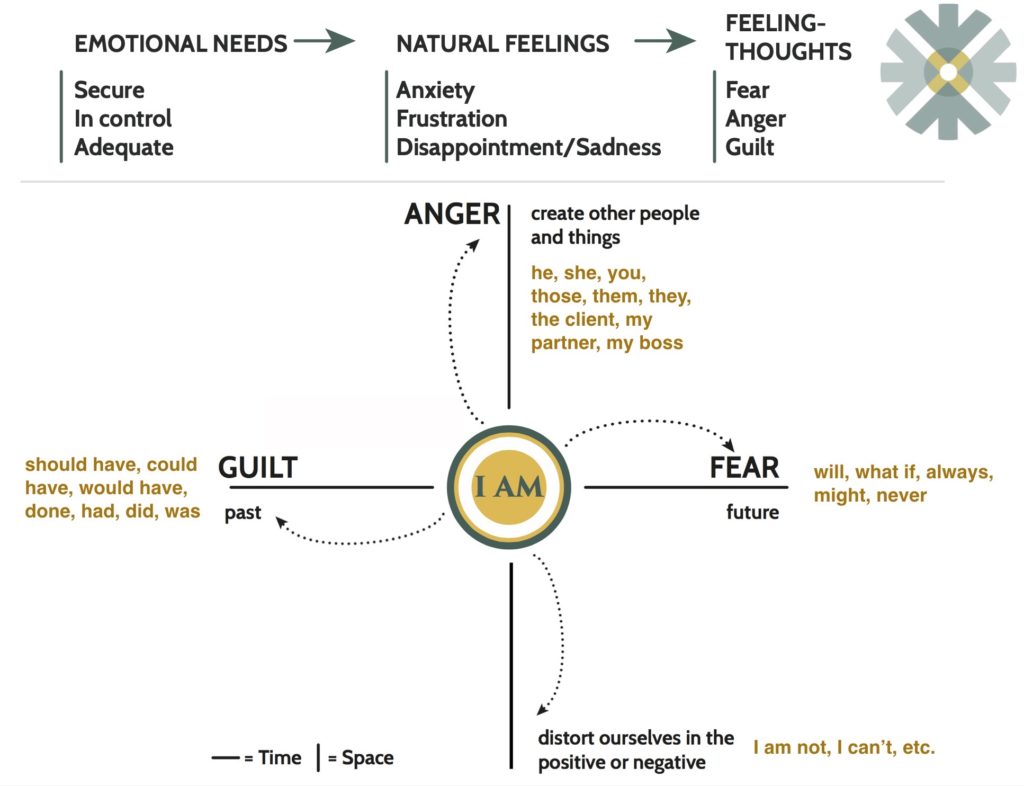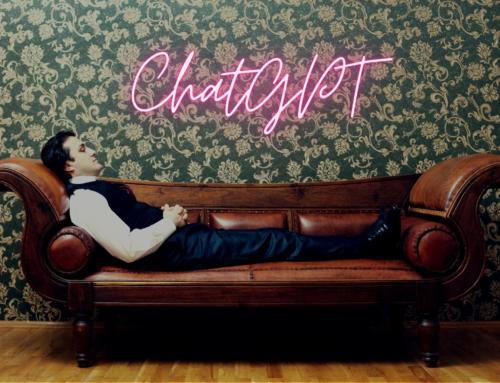I’ve known fear.
The first time I encountered, it was in 1985.
I was returning home from a part-time job I had in high school. My baby brother made me promise to bring him a bag of chips.
So, I stepped off the bus on my way home and swung by the local bodega in our quiet neighborhood in Brooklyn.
It was late Fall, cold and pitch dark outside.
I stepped into the market and suddenly became airborne!
Before I could make out what was happening, my face was smashing into the Hostess Twinkies display. I couldn’t understand what was happening until my brain and vision reset from the fog caused by the sudden flight and collision.
After catching my breath, I turned around and found a shadowy figure of a man, pointing a huge silver handgun at my chest.
(I don’t know much about guns, so I can’t tell you what model it was.)
“Step back, get your ass over there,” he shouted at me using his weapon as a pointer.
Next, he turned his attention back to the cashier. “Hurry the fuck up, man. I ain’t got all day. Put the money in the bag faster motherfucker!” He commanded with a slight Caribbean accent.
I was motionless.
My heart had raced its way up to the center of my throat, beating to the cadence of Michael Jackson’s 80’s hit song “Beat It!”
I looked around, and everyone else was frozen and seemed to be in shock. At some point, the gunman became impatient and decided to take the task of filling the brown paper bag with cash himself.
“Get the fuck out the way!” He commanded.
“Yo, stand over there. Move it!” He pointed in my direction with his silver menace.
I went from my back facing one of my favorite snacks to the glass entry door to the bodega.
A few minutes later, while the man in charge was filling the bag with loot, an old lady stepped up to the door and peered in. I noticed her right away.
My vision was suddenly, surprisingly clear.
She looked up at me, wondering why I was standing right in front of the entrance.
Then, she looked at me intently as I shooed her away with my eyes–no, don’t come in, they read.
She quickly peered around me, and she could tell it wasn’t a good idea to go into the store. She made her way back to wherever she had come from, fading into the darkness of the night.
Suddenly, the gunman was done with his task and was ready to leave.
“All of you now. Get over here, lineup right there!” He used his weapon as a pointer again.
He guided us to the lineup, side by side, against the same treats I slammed into earlier.
What he did next, I will never forget…
He cocked his weapon and pointed the gun straight at us.
I thought it was the end….
Just like that… I made it to high school, and a simple stop at the bodega to do something nice for my brother would be the end of me.
Baaaaannnnngggg!
The sound reverberated throughout the store. It was the loudest thing I had ever heard.
When my legs stopped shaking, I realized he fired a single bullet into the ceiling.
The hooded robber laughed a villainous laugh–the kind you find in marvel comics– and bolted out the door. Never to be seen again.
To this day, I don’t know the caliber of the weapon that was faced at my chest, but I can tell you that it was real. I can see it in my mind’s eye right now as I write this.
I can’t remember the gunman’s face, but I remember the face of someone’s grandma that approached the entrance.
Most of all, I remember what I felt.
It was fear.
Most CEOs never get to experience fear the way I experienced it in that story.
What I experienced was ephemeral. A moment in time that’s now part of my permanent memory.
Instead, most leaders are crippled by fear as they sit alone in their office wondering how they will solve the latest dark moment in their companies.
I have been there.
And, I know you’ve been there too.
The loss of your largest customer, too many no’s during your latest fundraising campaign, a major move by a competitor, seeing your bank account with less than one week of payroll, and a deal you’ve been working on for months falling through.
Those are just a few of the events that might have you scared shitless.
But, what if I told you that feeling is not fear?
And, what if I said that feeling is a gift?

Photo by Ramon Sanchez Orense on Unsplash
In Tanzania, the Hadza people hunt wild game for their protein. It requires heightened senses, teamwork, and accuracy with their hunting instruments.
About 12,000 years ago, our ancestors (Homo sapiens) used this method for all their food. They hunted wild animals and foraged for everything else. They lived in 50-100 person, tightly nit groups. They were nomadic and used mobility for survival, not sedentary agriculture.
When they were confronted by danger, it was eminent. The site of a pack of lions or large boars would accelerate their heart rates, increase their adrenaline levels, and quicken their breathing.
They would get anxious.
It would trigger their evolutionary fight or flight response.
But, unlike modern-day humans, they would use this anxiety as a signal to focus and use all their senses to overcome the danger right in front of them. It would trigger deep, innate intelligence and the instinctive aiming of their bow and arrows to strike. That presence of mind allowed them to reach their full potential as humans.
They were not afraid but anxious. There is a difference.
Anxiety was the emotion they felt, and they instinctively used its focusing power.
[Read: The Myth of Work-Life Balance.]
What is Fear?
Today, we humans experience fear, thinking it is a natural emotion, when in fact, it’s the anxiety we really feel. But our sedentary lives characterized by endless distractions, we have muted that inner instinct. We don’t like the anxious feeling. We run away from it.
This is wrong. We should embrace it.
But, how do we get back to our ancestors’ ability to connect with our real emotions and their triggering power?
Well, we don’t have to return to hunting wild animals.
We can do something better…
Use a simple mental model.
Faye Mandell, author of GPS to Self-Powerment and the founder of Being Present, beautifully explains the source of different states of being such as fear, frustration, sadness, and anger.
According to Faye, fear is a combination of anxiety and future thoughts.
Anxiety is a powerful feeling— aka the fight or flight emotion — that has protected us for centuries. When we are anxious, it’s a warning sign; our body is telling us to focus.
When you don’t focus on that anxious feeling, you start thinking about the future and all the terrible things that might happen–resulting in what she calls a “Feeling-Thought.”
That feeling-thought is fear.
Instead, if we teach ourselves to return to the present and stay with that anxious feeling, our bodies can instinctively do what they already know how to do — focus.
When we redirect our attention to the present, we can do all the things we need to do to avoid those terrible things we believe might happen in the future. We might focus on putting together a fundraising plan. We can work on options to replace that large customer we lost with two smaller ones. We will turn our attention to the next deal in the pipeline and find ways to get it done.

(c) Faye Mandell. Self-Powerment Model.
Faye and I spent some time talking about her model on the #CEO Podcast.
In the Self-Powerment Model, she explains:
- Anxiety is a natural emotion that comes from the need to feel secure. Its feeling-thought cousin is Fear.
- Frustration is a natural emotion that comes from the need to be in control. Its feeling-thought derivative is Anger.
- Sadness (or Disappointment) is a natural emotion that comes from the need to feel adequate. Its feeling-thought companion is Guilt.
She also shares valuable insight on how to tell where you are in time (future, past, or present) by looking at your thoughts’ content and the form.
For example, if you have thoughts that include words like, will, what-if, always, might, never, you are in the future and are likely experiencing anxiety. You need to bring yourself back to the present and stay with that anxious feeling. And that is when your natural instincts will kick in to help you achieve the security you need.
Once you understand these distinctions and learn how to harness their focusing power, you will become a better CEO. You’ll be a better parent to your children and a better partner to your spouse.
It will be a gift.
More Like This on CEOPLAYBOOK:
6 Ways I Embrace Impostor Syndrome


